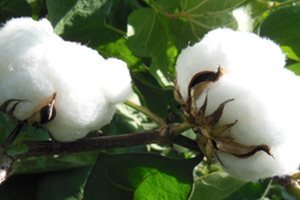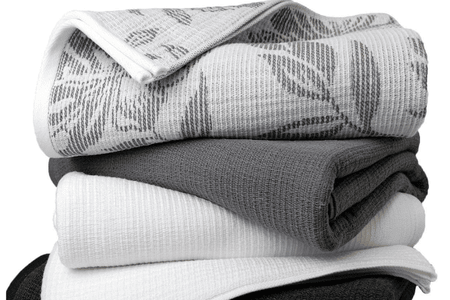
The hybrid seed industry has seen subdued growth over the past five years
YarnsandFibers News Bureau 2019-04-12 14:00:00 – IndiaPrices have been reduced from Rs 930 for a 450-gram packet of cotton hybrid seeds five years ago to Rs 730 last year, leaving little differentiation between good and bad seeds.
Indian hybrid cotton seed producers feel work is cut out for any new government that comes to power. "The hybrid seed industry has seen subdued growth over the past five years largely in cotton, which contributes around 30 per cent to the hybrid seed market," says G V Bhaskar Rao, chairman and managing director of Kaveri Seeds.
Speaking to Business Today, he attributes much of the problems to farmer distress on account of pink bollworm pest attack, low cotton prices and changing climate conditions. Rao says the hybrid cotton seed price control has proved to be a major disincentive as it hinders research for better seeds. Prices have been reduced from Rs 930 for a 450-gram packet of cotton hybrid seeds five years ago to Rs 730 last year, leaving little differentiation between good and bad seeds. Due to this price cap, the seed industry has seen lower price realisation, leading to revenue loss of close to 20 per cent for all companies. There was also a lower crop acreage than earlier. He is, therefore, not in favour of a price cap.
What about its benefit to farmers? Rao says seeds account for just 5 to 6 per cent of the total cost a farmer has to incur. While rising input costs is a problem farmers are dealing with, Rao points out three important factors: Rising cost of labour, climate changes and anomalies relating to MSP (minimum support price).
He believes that whoever comes to power must provide incentives to seed companies to invest in research for better seeds that improve productivity. He says there are over 500 companies in the seed industry of which the 20-odd big companies, account for 80 per cent of total seed production.
Courtesy: Business Today
Market Intelligence
Ask for free sample Report

experience
Customer Base
dedicated team
Countries Served Worldwide









